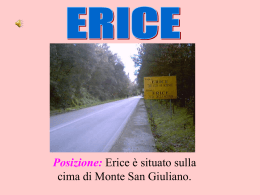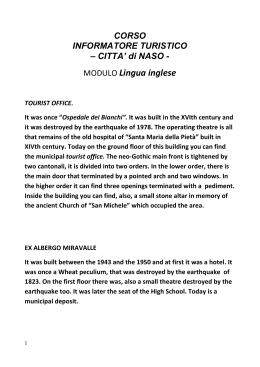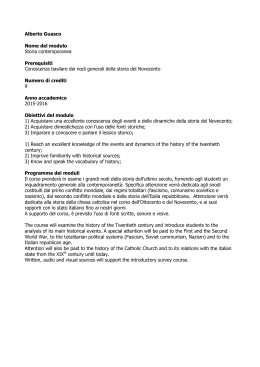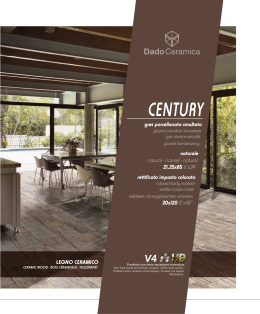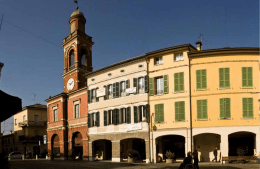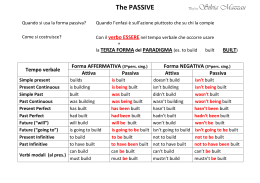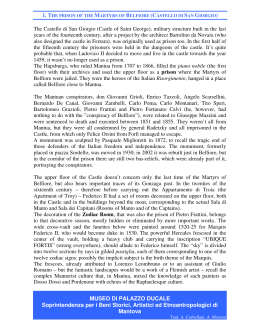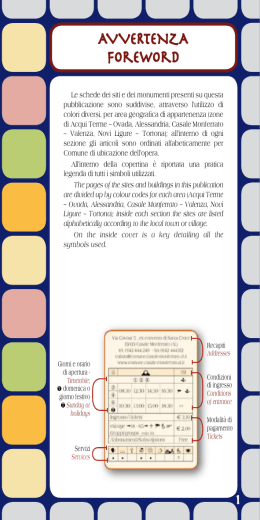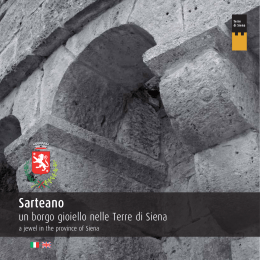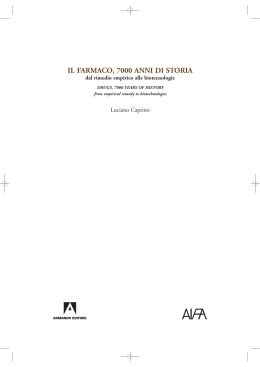Position: Erice is situated on the summit of Monte San Giuliano. History: Erice became an Elymian city and had a temple dedicated to the goddess of fertility Astartes. After the brief Greek domination, Erice was a Punic city, massive walls are testimony of that period. The boundary walls were built in about the 6th century by the Phoenicians. In Erice three mediaeval gates still stand: Porta Spada Porta del Carmine Porta di Trapani The Normans repopulated the town and in addition to various other fortifications they built the Castle. According to the legend it was Count Roger who gave the name st. Julian to the Mount after he took possession of the town .In the Middle Ages numerous churches and convents were built, and then followed only a few baroque buildings and the restoration of Piazza Umberto I in the 19th century. Itinerary Our itinerary starts from Parta Trapani . From here you can easily get to the Duomo. The Duomo was built in 14th century. The portico was added to the facade of the Duomo in the 15th century; beneath it there is great portal, which dates from the original construction. The interior was redone in 19th century in the manner of the Neo-Gothic revival. The majestic Castle, the bulwark of the town and the surrounding territory was built between the 12th and 13th century. Left of the Norman Castle there are two other castles: Castello Pepoli and the medieval Balio Castle, a tower completed in 1873. Also of Norman origin is the Chiesa di San Martino in via Albertina degli Abati, restructured and decorated between the 17 and 18th century. The Chiesa di San Domenico is now the seat of the Ettore Majorana Scientific Centre. I suggest you should have a walk along to streets and go in one of the many snack bar for typicol cakes, pastries, . “amaretti”, “mustazzoli”.
Scarica
